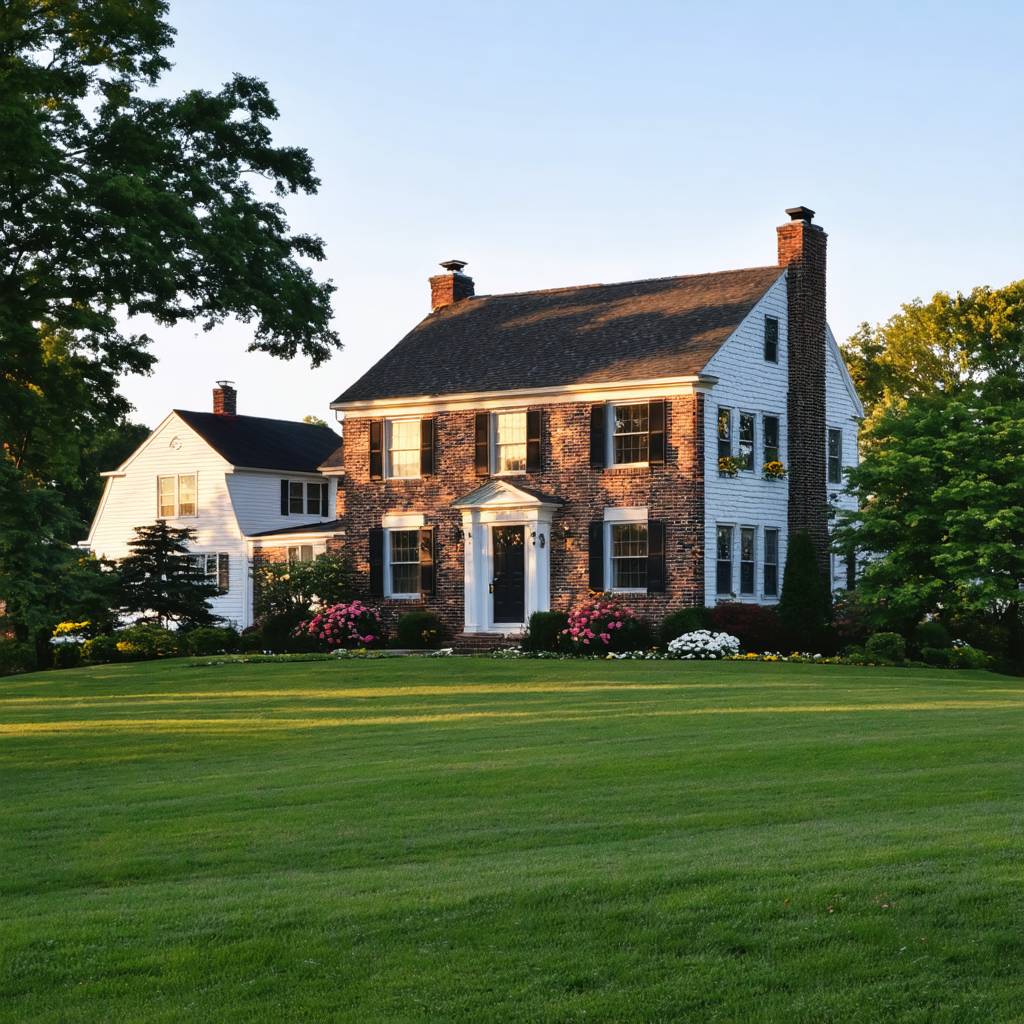
Understanding Closing Costs for Sellers in Asheville
When you decide to sell your home in Asheville, wrapping your head around closing costs becomes absolutely essential. In a hot market like Asheville, where the median home price has skyrocketed by over 20% in recent years, understanding these costs is not just a good idea—it’s critical. Knowing what to expect in terms of seller fees can help you plan your finances wisely and steer clear of unpleasant surprises as you approach the finish line of your sale.
What Are Closing Costs?
Closing costs encompass a variety of fees and expenses that crop up when sealing a real estate deal. These charges are pivotal in transferring ownership of your property from you—the seller—to the buyer. And guess what? They can vary widely! Factors like location, transaction specifics, and even local legal requirements can all play a role in determining your total costs.
Typical Closing Costs for Sellers in Asheville
So, how much should you expect to fork out? Sellers in Asheville commonly face several types of closing costs, which typically add up to anywhere between 5% to 10% of the sale price. Here’s a rundown of some costs you’ll want to keep an eye on:
- Realtor Commissions: This is often the largest slice of your closing costs pie, usually resting around 5% to 6% of the sale price. For an average house price of approximately $400,000, you’re looking at commissions that could hit between $20,000 to $24,000. Yikes, right?
- Transfer Taxes: In North Carolina, sellers are tagged with a transfer tax calculated at $1 for every $1,000 of the sale price. So, for that $400,000 home, expect to shell out about $400.
- Title Insurance: This one-time fee protects against claims regarding ownership post-sale, generally costing between $500 and $1,200 based on the property’s value.
- Escrow Fees: Essential for managing transaction funds, expect to see escrow fees range from $300 to $600, which might be split with the buyer.
- Home Inspection Repairs: Depending on your home’s condition, you might be on the hook for repairs—or possibly concessions—stemming from inspection results.
Factors Affecting Closing Costs
Several considerations can impact your closing costs as a seller in Asheville:
- Home Sale Price: Higher purchase prices typically lead to heftier closing costs, particularly when it comes to realtor commissions and transfer taxes.
- Location: The area you’re selling in Asheville can influence fees, as local regulations and market conditions can differ significantly.
- Negotiations: The outcomes of negotiations with buyers about who covers certain costs can change your bottom line. In a competitive scene, you might find yourself agreeing to absorb some buyer expenses just to seal the deal faster.
Tips for Reducing Closing Costs
Want to shave down those closing costs? Here are some savvy strategies for sellers in Asheville:
- Negotiate Realtor Fees: Sure, real estate commissions are the norm, but that doesn’t mean you can’t negotiate! Some agents might be willing to lower their fee, especially if you’re looking for a quick sale or are using them for both selling and buying.
- Shop for Title Services: Rates for title services aren’t set in stone, so compare quotes from multiple companies to snag the best price.
- Consider Repairs Upfront: Taking care of major issues before your house hits the market can save you money on inspection-related costs and any concessions buyers might demand.
Finalizing the Sale: Calculating Your Net Proceeds
Once you’ve got a grip on your closing costs, the next step is figuring out your net proceeds from the sale. And here’s how to do it:
- Identify your final sale price.
- Subtract all estimated closing costs, including realtor commissions, transfer taxes, title insurance, escrow fees, and any repairs.
- Don’t forget about your outstanding mortgage balance that needs settling.
For instance, if your home sells for $400,000 and your closing costs tally up to roughly $24,000, on top of a mortgage payoff of $150,000, your net proceeds would come to around $226,000. Not too shabby!
Grasping the ins and outs of closing costs is crucial for successfully navigating Asheville’s competitive housing market. By equipping yourself with knowledge about these costs, you’ll be in a much better position to effectively plan, budget, and ultimately maximize your financial gain from the sale of your home.
If you’re curious about closing costs in Virginia or other regions, you might find helpful comparisons and tips. Ready to jump into selling your home but feel unsure about tackling those pesky closing costs? Reach out to a local expert today. They can provide the guidance and support you need for a smooth, profitable transaction.

